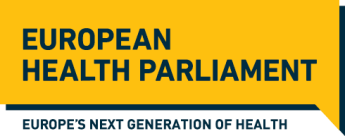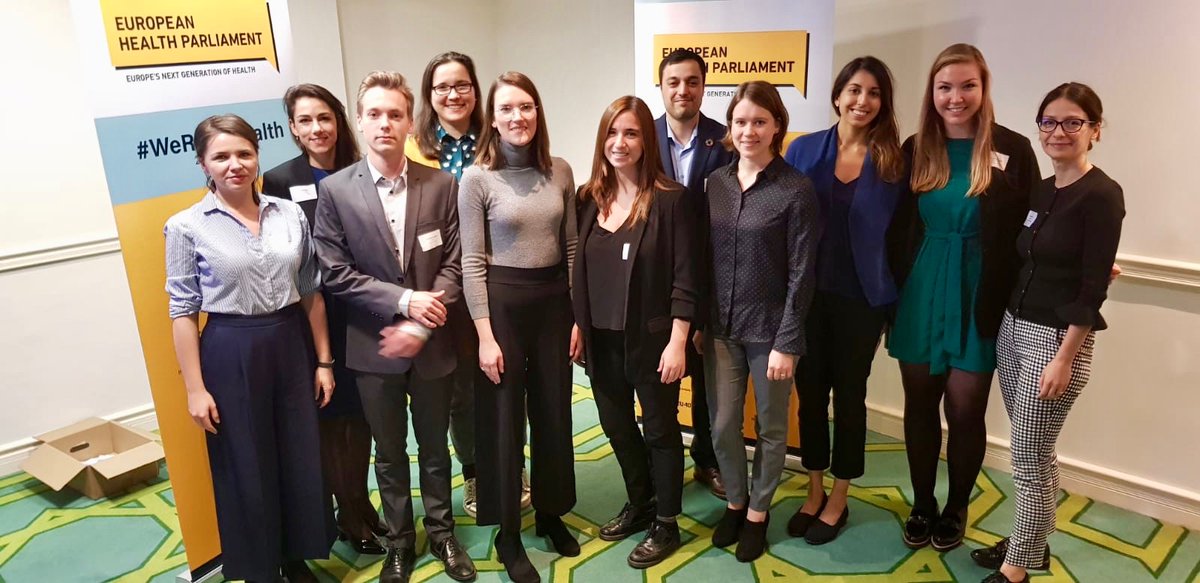December, 10, 2018
Care to learn? Learn to care!
Thoughts of the Committee on Health Literacy and Self-Care following the 2nd Plenary.
The fact is that a great majority of us are born healthy and seldom visit the doctors’. However, the downside of this inherited privilege is that we take our health for granted.
Our academic achievements, career goals, care for our families, or other aspirations take precedence over our own health. As such, most of us only start caring about health when the circumstances necessitate. Then, too often, we realize just how much we don’t know about self-care.
In order to be better able to care for our health and advocate for ourselves within the health care systems, we need to become health literate. Health literacy is a multifaceted phenomenon. It does not just mean being able to pick up one’s prescription and arrange a blood test. It is the ability to obtain reliable medical information and possessing cognitive, as well as social skills to appraise such information and use it in ways to maintain and promote health.
Health literacy is a robust predictor of populations’ health outcomes; lower levels are associated with less adherence to preventative measures, poorer treatment outcomes, higher rates of hospitalizations, and consequently with higher proportions of health care budget spending. Some of the barriers to improved health literacy are lower socio-economic status and lower education levels, as well as older age.
According to recent estimates close to 50% of the EU population reports below optimal levels of health literacy. Individual countries within the EU have started to recognize the problem and tried addressing it via interventions and novel policies. However, little has been done at a broader, EU-wide level.
An underexplored avenue to promote health literacy across the EU is media. With the proliferation of health-related applications, as well as an increasing number of people relying on the internet to find medical advice we run into the risk of overwhelming one’s critical apparatus that allows sieving thru the plethora of information in order to obtain relevant knowledge.
This modern jungle of online health blogs and platforms presents an opportunity for us – the EHP Committee on Health Literacy and Self-Care. Working systematically and strategically we want to engage policy makers, stakeholders, tech giants, patient organizations, as well as research teams to join the forces in normalizing the use of social media for retrieving evidence-based health information. Beyond that we hope to push for implementation of media and digital tools for patients’ education, as well as the provision of timely, reliable, and tailored medical information across borders.
It is time for the EU to take control and share some of the digital responsibility for the health information available online. It is time to complement the good old pamphlets and grandma’s recipes with informative Tweets and Facebook posts. Better yet, why not start using machine learning approaches that will put the individual and their needs at the centre of every health care system?
We would like to hear from you!
Ok. That’s a bit about us and what we aspire to do. Now we would like to hear from you! Please help us by filling out this survey and by sharing this link with your friends and family so that their voices can be heard as well!
docs.google.com/forms/d/e/1FAIpQLScCSNbJtOuMmdtVrUbm3uWWpOTZe7Z10weH_ZY3X8uaTcTURA/viewform?
It’s time to spread the word, it is time to start caring, it is time to get #HealthLit!
Supporting literature:
- Kickbusch I, Pelikan J M, Apfel F, Tsouros A G, G et al. Health literacy. The solid facts. Copenhagen: WHO Regional Office for Europe; 2013
- Kim, H., & Xie, B. (2017). Health literacy in the eHealth era: A systematic review of the literature. Patient Education and Counseling, 100(6), 1073–1082. https://doi.org/10.1016/j.pec.2017.01.015
- Rowlands G, Russell S, O’Donnell A, Kaner E, Trezona A, Rademakers J et al. What is the evidence on existing policies and linked activities and their effectiveness for improving health literacy at national, regional and organizational levels in the WHO European Region? Copenhagen: WHO Regional Office for Europe; 2018 (Health Evidence Network (HEN) synthesis report 57).
- Sørensen, K. (2015). Health Literacy. International Encyclopedia of the Social & Behavioral Sciences: Second Edition (Second Edition, Vol. 10). Elsevier. https://doi.org/10.1016/B978-0-08-097086-8.14083-8
- Sørensen, K., Pelikan, J. M., Röthlin, F., Ganahl, K., Slonska, Z., Doyle, G., … Helmut Brand. (2015). Health literacy in Europe: Comparative results of the European health literacy survey (HLS-EU). European Journal of Public Health, 25(6), 1053–1058. https://doi.org/10.1093/eurpub/ckv043





